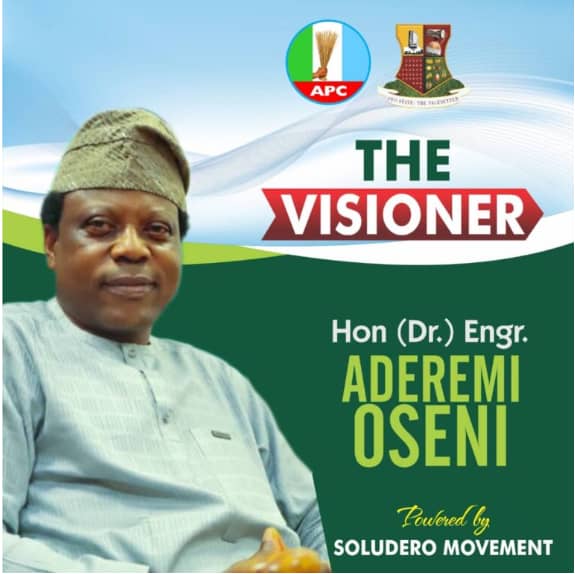
•Says Nigeria under ‘state capture’
Former President Olusegun Obasanjo has said Nigeria is speedily becoming a bad case under the leadership of President Bola Tinubu, who he referred to as Emilokan and “Baba-go-slow”.
He said chaos, insecurity, conflict, discord, division, disunity, depression, youth restiveness, confusion, violence, and underdevelopment have become permanent occurrences in this dispensation.

The former President, who said this while delivering his keynote address at the Chinua Achebe Leadership Forum, Yale University New Haven Connecticut, USA, said Nigeria currently suffers from state capture.
Obasanjo spoke on the theme: Leadership Failure and State Capture in Nigeria.

His words: ”As we can see and understand, Nigeria’s situation is bad. The more the immorality and corruption of a nation, the more the nation sinks into chaos, insecurity, conflict, discord, division, disunity, depression, youth restiveness, confusion, violence, and underdevelopment. That’s the situation mostly in Nigeria in the reign of Baba-go-slow and Emilokan. The failing state status of Nigeria is confirmed and glaringly indicated and manifested for every honest person to see through the consequences of the level of our pervasive corruption, mediocrity, immorality, misconduct, mismanagement, perversion, injustice, incompetence and all other forms of iniquity. But yes, there is hope.’’

CORRUPTION
The former president further described state capture as, “ one of the most pervasive forms of corruption, a situation where powerful individuals, institutions, companies, or groups within or outside a country use corruption to shape a nation’s policies, legal environment, and economy, to benefit their private interests”.
“State capture is not always overt and obvious. It can also arise from the more subtle close alignment of interests between specific business and political elites through family ties, friendships, and the intertwined ownership of economic assets”, he said.
“What is happening in Nigeria right before our eyes is state capture. The purchase of National assets by political elites – and their family members at bargain prices, the allocation of national resources – minerals, land, and even human resources – to local, regional, and international actors. It must be prohibited and prevented through local and international laws.
“Public institutions such as the legislature, the executive, the judiciary, and regulatory agencies both at the federal and local levels are subject to capture. As such, state capture can broadly be understood as the disproportionate and unregulated influence of interest groups or decision-making processes, where special interest groups manage to bend state laws, policies, and regulations”.
He, however, quoted Chinua Achebe’s ‘The Trouble with Nigeria,’ saying: “The trouble with Nigeria is simply and squarely a failure of leadership. There is nothing wrong with the Nigerian character. There is nothing wrong with Nigerian land, climate, water, air, or anything else. The Nigerian problem is the unwillingness or inability of its leaders to rise to the responsibility, to the challenge of personal example which are the hallmarks of true leadership.”
Obasanjo added: ”In hindsight, this forty-one-year-old prescriptive analysis on the root causes of Nigeria’s leadership crisis is quite moderate and appropriate. It is at least not as desolate as the diagnosis provided by Robert Rotberg and John Campbell, two prominent US intellectuals – the latter a former United States ambassador to Nigeria to boot: ‘Nigeria has long teetered on the precipice of failure,’ they argue. ‘Unable to keep its citizens safe and secure, Nigeria has become a failed state of critical geopolitical concern. Its failure matters because the peace and prosperity of Africa and preventing the spread of disorder and militancy around the globe depend on a stronger Nigeria.”